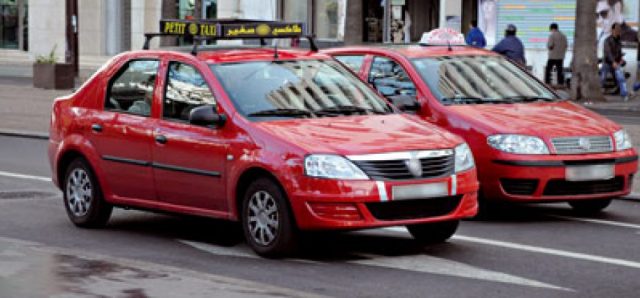In a significant development long anticipated by the industry, President Cyril Ramaphosa has officially signed the amended National Land Transport Act (NTLA) into law. This pivotal decision opens the door for ride-hailing services such as Uber and Bolt to apply for operating licenses, thereby formally acknowledging them as legitimate public transport operators in South Africa.
This amendment follows a 13-year effort to revise the existing act, which had not accounted for the emergence of ride-hailing services. Previously, these companies operated in a legal grey area, utilizing charter permits and meter taxi operating licenses that were not well-suited to their business model.
“Now that the President has signed the Amendment Bill, regulations will be submitted to the Office of the State Law Advisor for certification and then presented to the Minister for approval,” stated Transport Minister Sindisiwe Chikunga.
The recent changes mean that ride-hailing services in South Africa will no longer be required to use charter permits and metered taxi operating licenses.
Chikunga stated, “This Bill amends the National Land Transport Act of 2009 to bring it up to date with developments since its implementation. It simplifies various provisions, addresses problems that have arisen, and makes provisions for non-motorized and accessible transport.”
She added, “The NLTA now reflects our commitment to a modern, inclusive, and efficient transport system.”
These updates follow the Competition Commission’s 2020 report, which revealed that 79% of ride-hailing operators were providing services without valid licenses, highlighting the urgent need for regulatory changes.
Streamlining the ride-hailing landscape
The revised act abolishes the requirement for ride-hailing services to use outdated permits and licenses. It also gives the Minister of Transport broader authority to establish regulations and safety protocols specifically for ride-hailing operations. Furthermore, the procedure for acquiring operating licenses will be simplified.
This change is anticipated to ease tensions between metered taxi drivers and ride-hailing drivers, who have previously been in conflict due to the absence of clear regulations governing both sectors.
The revised act abolishes the requirement for ride-hailing services to use outdated permits and licenses. It also gives the Minister of Transport broader authority to establish regulations and safety protocols specifically for ride-hailing operations. Furthermore, the procedure for acquiring operating licenses will be simplified.
This change is anticipated to ease tensions between metered taxi drivers and ride-hailing drivers, who have previously been in conflict due to the absence of clear regulations governing both sectors.
Focus on safety and passenger rights
Former Transport Minister Fikile Mbalula previously emphasized the importance of these amendments, which not only establish a new category of operating licenses but also impose obligations on technology providers to curb illegal operations.
The revised act mandates technology providers, such as Uber and Bolt, to prevent unlicensed operators from using their platforms. Non-compliance with these regulations could result in fines reaching up to R100,000.
Additionally, the legislation enhances passenger rights and complaint-handling procedures, ensuring a more secure and professional experience for ride-hailing users.
“The bill aims to bolster regulations and empower Provincial Regulatory Entities to revoke or suspend operating licenses if an operator breaches the National Land and Transport or Roads Act,” stated Mbalula.
“It also addresses handling public complaints, passenger treatment, color coding, and ensures that SAPS and metro police officers do not have business interests in public transport operations.”
Furthermore, the bill fosters trust, especially as Bolt drivers have been implicated in numerous misconduct and security issues. This has resulted in the platform suspending over 6,000 drivers in the country for misconduct in the past six months.





